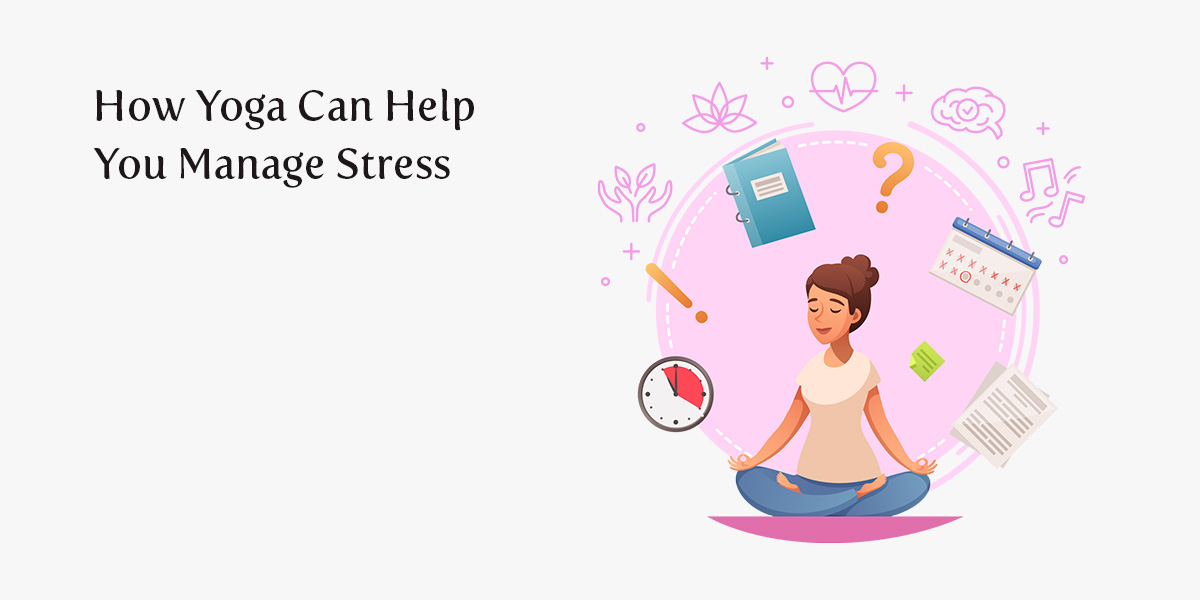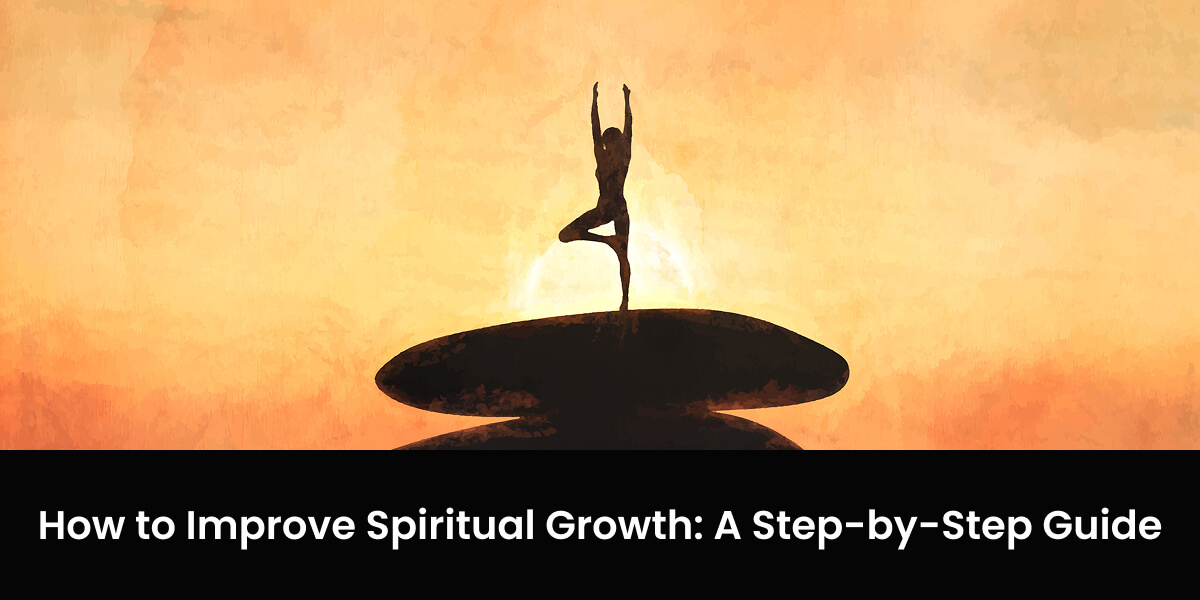Yoga as a Stress Management Tool
Yoga has emerged as a powerful stress management tool, offering a holistic approach to balance the mind, body, and spirit. Its combination of physical postures, breathing exercises, meditation, and relaxation techniques provides a comprehensive framework for reducing stress and promoting overall well-being. Incorporating yoga into your routine can have transformative effects on your ability to manage stress, enhance resilience, and cultivate a sense of inner peace.
The Benefits of Yoga for Stress Management
Yoga offers numerous benefits for managing stress, including:
1. Reduces stress levels: The practice of yoga activates the relaxation response, reducing the production of stress hormones and inducing a state of calmness.
2. Relieves physical tension: Yoga poses release physical tension stored in the body, particularly in areas like the neck, shoulders, and lower back, which are common stress-carrying areas.
3. Increases mindfulness: Yoga promotes mindfulness by encouraging you to focus on the present moment, allowing you to let go of worries and anxieties about the past or future.
4. Enhances mood: Yoga stimulates the release of endorphins, also known as “feel-good” hormones, which can improve mood and reduce symptoms of anxiety and depression.
5. Improves sleep quality: Regular yoga practice can help regulate sleep patterns, alleviate insomnia, and promote deeper and more restful sleep.
6. Boosts mental clarity and concentration: The combination of physical movement, breath control, and meditation in yoga enhances mental clarity, focus, and concentration, reducing mental fog and improving cognitive function.
7. Promotes self-care: Yoga encourages self-care and self-compassion by creating dedicated time for nurturing yourself, promoting self-awareness, and fostering a positive relationship with your body and mind.
8. Encourages relaxation: Yoga incorporates relaxation techniques such as Savasana (Corpse Pose) and guided relaxation, which activate the parasympathetic nervous system, inducing a state of deep relaxation.
9. Balances the nervous system: Through the regulation of breath and activation of the parasympathetic nervous system, yoga helps balance the autonomic nervous system, reducing the impact of stress on the body.
10. Cultivates a sense of inner peace and calmness: The integration of physical movement, breath, and meditation in yoga cultivates a profound sense of inner peace and calm, allowing you to navigate stressful situations with greater ease.
Yoga Poses for Stress Relief
Here are five yoga poses that can help alleviate stress:
1. Child’s Pose (Balasana): This gentle resting pose releases tension in the back, shoulders, and neck while promoting deep relaxation.
2. Standing Forward Bend (Uttanasana): This forward fold stretches the entire back of the body, relieving tension and calming the mind.
3. Bridge Pose (Setu Bandhasana): This gentle backbend opens the chest, shoulders, and hips, reducing physical and emotional stress.
4. Legs-Up-The-Wall Pose (Viparita Karani): By elevating the legs, this pose promotes relaxation, soothes the nervous system, and relieves fatigue.
5. Corpse Pose (Savasana): The final relaxation pose allows you to fully surrender and integrate the benefits of your practice, promoting deep rest and rejuvenation.
Tips for Starting Yoga Practice for Stress Management
If you’re new to yoga and want to use it as a stress management tool, consider the following tips:
- Start with beginner-friendly classes or online tutorials to learn proper alignment and techniques.
- Find a quiet and comfortable space to practice, free from distractions.
- Begin with gentle and restorative yoga styles to ease into the practice.
- Focus on your breath and listen to your body, practicing mindfulness and self-awareness.
- Be consistent with your practice, aiming for at least a few minutes each day.
- Gradually increase the duration and intensity of your practice as you become more comfortable.
- Seek guidance from qualified yoga instructors or join a supportive community for motivation and guidance.
The Bottom Line
Yoga is a powerful stress management tool that offers a wide range of physical, mental, and emotional benefits. By incorporating yoga into your routine and practicing stress-relieving poses, you can reduce stress levels, enhance mindfulness, and promote overall well-being. Remember to start at your own pace, listen to your body, and enjoy the journey of discovering the transformative effects of yoga on your stress management journey.









Post a Comment